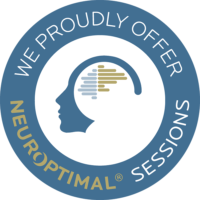We all know how important sleep is to our overall health and wellbeing. Even Sunny knows that! She is great at sleeping and helped Dr. Tina to write an article to help you understand more about sleep and trauma.
Trauma and sleep disorders often go hand in hand.
Let’s take a look at your nervous system to help understand this.
The Autonomic Nervous System (ANS) is part of your defensive action system. For example, if there’s a bear in the room, this nervous system is going to help you to engage survival defenses. That might be running away or fighting (fight or flight), staying where you are (freeze), or playing dead (collapse and/or submit). In times of danger, these responses are adaptive. They’re necessary. Once the threat is over, your nervous system regulates. Your body and mind can start to feel more calm and secure.
However, often with folks who have PTSD or trauma-related disorders, it feels like there’s a bear in the room, even though there isn’t. In other words, it feels like something bad is going to happen and you always have to be prepared for it. The nervous system doesn’t get a chance to “rest”, or regulate.
Regulating the nervous system is even more difficult when there are triggers and continued trauma occurring in present day life. The uncertainty of this pandemic, racialized traumas, for example, are real stressors which can dysregulate the nervous system. If someone has pre-existing trauma(s), then symptoms can worsen.
So if you’re feeling hypervigilant – like that bear is in the room – and your ANS is always fired up (especially that fight or flight response), then both the duration and the quality of your sleep can be impacted. Once you fall asleep, your nervous system is still watching out for that bear. Even though you’re sleeping, you might not achieve deep, restorative levels of sleep. To a traumatized brain and nervous system, calm equals danger. So as soon as your body relaxes and starts to go into deeper levels of sleep, you might wake up leading to a restless, sleepless night. Or, your ANS may not regulate enough to help you to fall asleep.
How brain-based therapies can help
Brain-based psychotherapies are informed by neuroscience to help us understand what goes on in the traumatized brain so that we can target treatment to help the brain and nervous system regulate itself and function better. In other words, by understanding what happens in the brain, we know how to help you not feel like there’s a bear in the room all the time so that you can feel better mentally, emotionally, and even physically.
At the Sarnia Institute for Trauma and Stress, we implement a personalized approach with all of our clients, meaning that we listen to our clients’ issues and collaborate with them to come up with a treatment plan. The approaches we use are all trauma informed and neuropsychologically informed. Psychotherapy approaches such as EMDR Therapy and Deep Brain Reorientation along with neurofeedback are very neuropsychologically informed and can help to regulate clients’ nervous systems and survival responses so that they can feel more present and embodied.
Because so many things can influence sleep, it’s also a good idea to consult with your family doctor about your sleep issues to rule out any other contributing factors. In fact, sleep disorders like sleep apnea can be more prevalent in people with PTSD and trauma-related disorders.
While everyone responds differently to psychotherapy, a more regulated nervous system means that you can rest easily and deeply without having to worry about that bear lurking in the room.
*Disclaimer: This post is meant to be informative and not diagnostic. It should not be used in replacement of medical advice, or in place of assessment and treatment from a licensed mental health professional.



